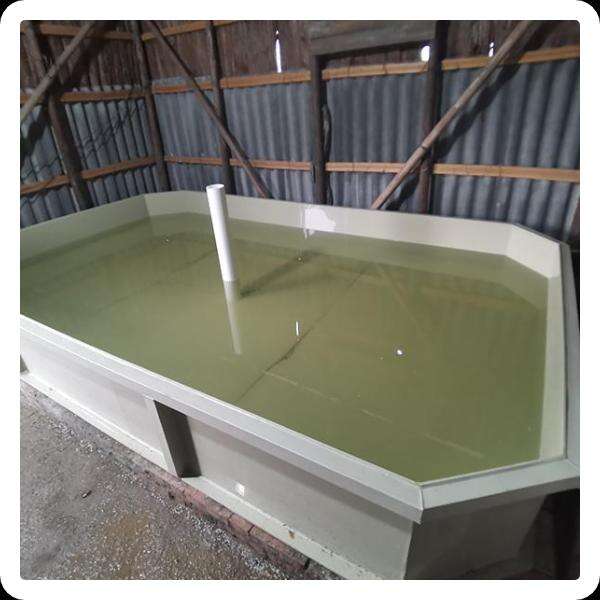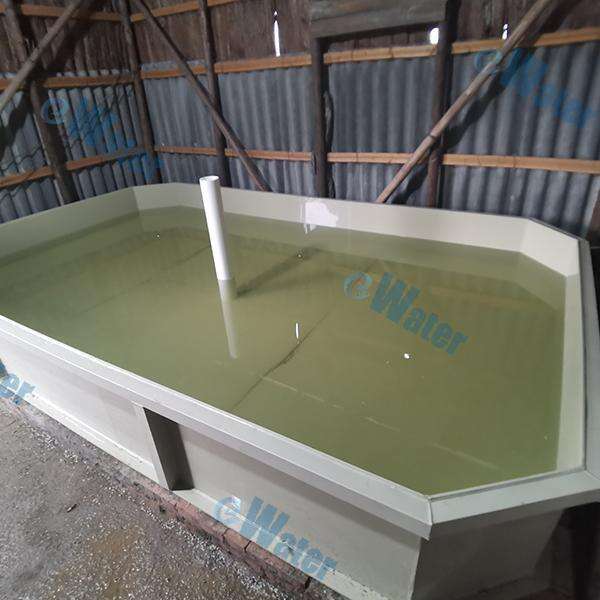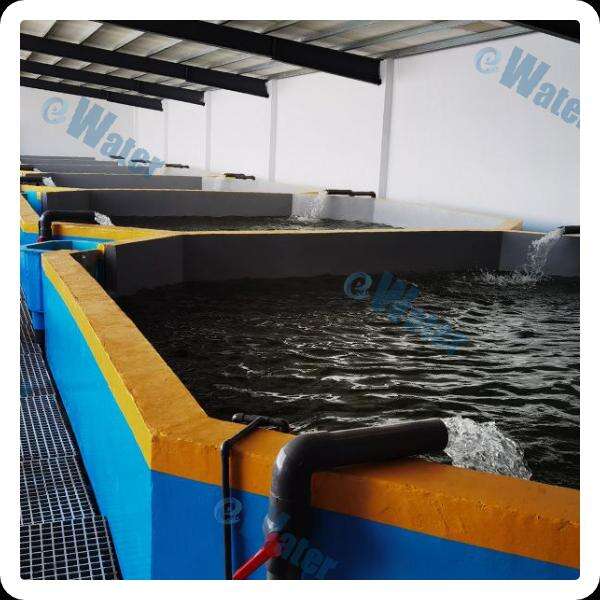Aquaculture, or fish farming, is the rearing of fish in a designated and managed environment such as tanks and ponds. This industry aims to create a safe, healthy home for fish. Much like the fact that humans need clean air to breathe, fish require clear and uncontaminated water as well.
No carbon dioxide is emitted as these filters expel and cleanse water to ensure that your fish remain healthy while covered in their tanks. As a sieve, removing unappetizing particles that cloud the water. As for biological filters, they have friendly bacteria that help to degrade waste and convert it into less toxic substances. These additional methods include Integrated Solar Aquaponics; Bioculture Filter Box, Warmot Condensing Furmulen Technology and others are all incorporated into the FILPRO Filtration System for fish farmers to assure that their fishes live in a clean living space.
Farmers will need to determine the right sized unit for both their farm and production of fish when selecting a filtration system. Selecting a proper filter is an important as it will do the job of cleaning water in your tanks correctly. In addition, special filtration may also be necessary for some farms near contaminant sources.
Fish farming requires sustainable environment (culture medium) to be maintained Keeping large groups of fish in a tiny aquarium causes waste products to build up, this is harmful for the fish and bad for an ecosystem. Farmers must also pay great attention to the source of water used, so as not to drain local sources. There are many men who use chemicals on fish to combat different diseases, even if the intention is good a third-party uses these cosmetics making sure they do not affect them.
Constructing a profitable fish farm requires efficient planning and maintenance. It is extremely important that the place you choose to hide your bomb shelter from view take into account things such as the climate, water and food. Chunkier fish and water quality is monitored regularly with temp pH ammonia etc being covered in expected levels of the api 5in1 test kit. Detailed farm records on operations can help farmers pinpoint and correct any problems that arise.
It is a fruitful task and beneficial farming when done the right way. Farmers can deploy proper processes and high-quality filter systems to streamline their profits while ensuring that the fish are healthy. A small plot of land can be the source of healthy boundary when growing fish, and even more adaptable for plant growth; some farmers have indeed a joined both activities by creating aquaponics systems in order to maximize returns. Lastly, whether one is an expert fish farmer or a beginner clean water with prefiltration are the key to successful harvesting of farmed fishes.
The most significant advantage of aquaculture filtration is its ability to turn their free-lotions environment into a healthy and productive fish habitat as it should be. Filtration removes waste and excess nutrients from the water, which stops harmful bacteria blooms as well algae over-growth. As a result, water becomes crystal-clear and maintains the ideal bacterial load for maximum growth of fish in an overall environment.
Furthermore, it is known that aquaculture filtration improves productivity and efficiency in fish farming. Excellent water quality will reduce the likelihood of disease breakdowns and maximize growth in fish. This has resulted in a higher number of robust market-size fish, which is great for the farmers and consumers.

In response to the ever increasing demand for sustainable aquaculture operations, there are a number of new and creative filtration systems. A key technology has been the biofilters, in which natural bacteria break down waste and convert it into less harmful substances. This green approach is not only good for the environment, but also cost efficient compared with regular chemical treatments.
Another new approach to aquaculture filtration is that of recirculating systems. Aquaponics systems use filters and treatments to recycle the water held in fish tanks directly back into them, which cuts down on fresh-water inputs. This water conservation also reduces the chances of contamination from outside sources making your fish a safe and clean environment.
Safety And Application Of Fish Farm Filtration
The most important thing in aquaculture filtration is safety. Bad filtration can promote the outbreak of disease and create a danger for both fishes as well humans. This is why you must use a good filter system - that meets industry standards and has been installed and maintained properly.
The aquaculture filtration is easy to use. Operators often must monitor pH, ammonia or nitrate in relation to monitoring the quality of water being filtered depending on what system they are using. Keep your system in peak working order with maintenance every time you need to clean or replace filters.

The choice of a good aquaculture filtration system requires taking into account the quality of service, as well as its application. A reputable supplier will supply top-quality equipment and expert advice on system design and installation. They should also offer you post-installation support and maintenance to ensure the long-term performance of your system.
Aquaculture filtration is used in a myriad of applications throughout the fish farming industry, whether that involves small-scale setups for hobbyists or large commercial farms. The results are an increasingly full range of filtration systems that can be adapted to everything from different fish species to specific water sources, which makes the trommel screen a flexible solution with aquaculture applications.

Finally, aquaculture filtration remains an important method in preventing fish disease populations among farmed fish. Technological and innovative advances have stemmed new filter systems that are not only more environmentally friendly, but economically established ways to improve the quality of water for agricultural output. Operators must ensure they are using fit-for-purpose filters designed with safety and quality in mind throughout the selection, operation phase as well by working closely with established suppliers for on-going support/maintenance. In the end, aquaculture filtration is critical in providing a clean and environmentally sustainable source of seafood for global markets.
eWater constantly seeking aquaculture filtration solutions RAS reduce cost energy boosted productivity. successfully delivered more 400 RAS single days worldwide September 20 20, 2022.
We bring engineers aquaculture filtration site assist installation qualification. create RAS detail-oriented prints customers overseas get basic building ready work practicable plan including timeline labor requirements prior installation.
eWater top aquaculture provider company, specialising system recirculating aquaculture, works customers find most suitable solution aquaculture filtration.
eWater manufactures aquaculture filtration RAS equipment. We've developed Gen-3 Rotating drum filters Gen-2 protein skimmers Gen-3 Gen-3 oxygenation systems 2018. provide 3-year guarantee we dedicated providing high-quality products a long-lasting warranty technical assistance. Since 2016, we been ISO/CE certified.
Our professional sales team are waiting for your consultation.